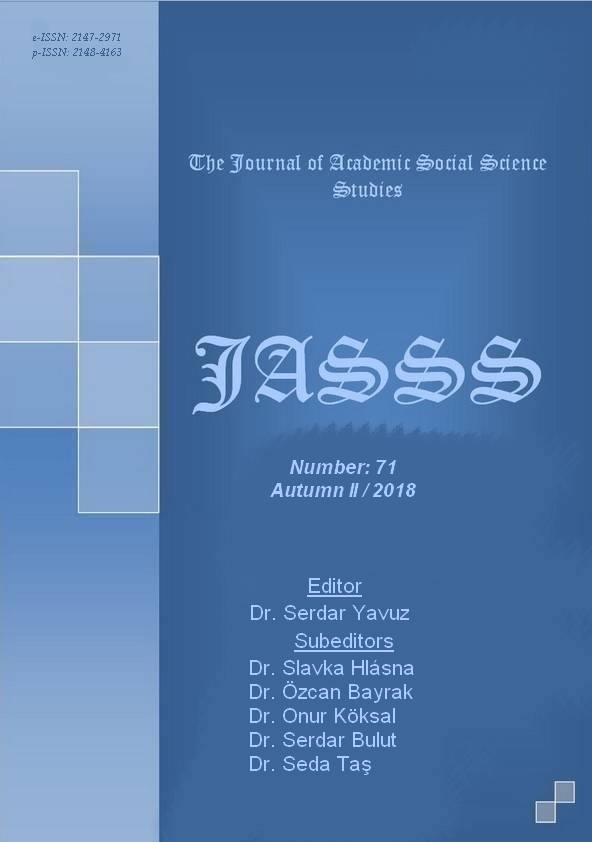Author :
Abstract
Tefsîrde isrâîliyyât meselesi, Hz. Peygamber döneminde başlayıp günümüze kadar devam edegelen bir konudur. İlk dönem âlimler arasında isrâîliyyâta tahsis edilmiş eserler telif edilmemiş olmasına rağmen neredeyse her müfessir bu konuyu ilgili ayetler bağlamında eserinde işlemiş, bundan müstağni kalamamıştır. Bikâî’yi diğer müfessirlerden farklı kılan temel unsur, Kur’ân’ı-Kerîm’de Ehl-i Kitâb’ın zikredildiği her yerde alışılmış üslubun aksine israilî haber ve zayıf rivâyetler yerine Tevrât, İncîl ve Zebûr’dan nakiller yapmasıdır. Bunu yaparken de şu gayeleri amaçlar: Kur’ân’ın diğer semavi kitapların tahrîf edilmemiş halini tasdîk ettiğini ispata çalışmak, Ehl-i Kitâb’tan olan hasımlarının aleyhlerine kendi kitaplarından delil getirmek, istişhâd, şer’i hükümleri te’yit, Ehl-i Kitâb ile ilgili âyetlerin kolayca anlaşılmasını sağlamak gibi gayeler onun için öncelikli konulardır. Bikâî, israiliyyat türü konularda nakil yaparken, başta Kur’an ve Hz. Peygamber sözünü esas alarak, Kitab-ı Mukaddes’ten yararlanmayı caiz görür. Hz. Peygamber, Sahabe, tabiin ve etba-i tabiinden gelen haberleri Kitâb-ı Mukaddes bilgileri ile nakletmede bir beis görmez. Zaman zaman bu kitaplar arasında karşılaştırmaya gider. Konu ile ilgili olarak “Kitabımızın tasdik edip yalanlamadığı konularda rivayetin sıhhati sabit olmasa bile, İsrailoğullarından nakilde bulunmak caizdir.” görüşünde bulunur. Bikâî, israiliyyat konulu ayetleri tefsir ederken ayetlerin Kitab-ı Mukaddes’teki geçen yönü ile irtibatlandırmaya azami gayret göstermiş ve bu ayetler üzerine birden çok nakilde bulunmuştur. O bu alanda bu yönüyle özgün yorum ve tespitlere sahiptir. Çünkü bilebildiğimiz kadarıyla ondan önce Kur’ân’ı baştan sona Kitab- Mukaddes nakilleriyle tefsir eden eserler mevcut değildir. Bu çalışmada Bikâî’nin Nazmü’d-Dürer’inde isrâîliyyât/Kitab-ı Mukaddes konusuna yaklaşımını ve bunun eserine yansımasını ele aldık.
Keywords
Abstract
The Israeli is an issue that started from the time of prophet Muhammed until the present day in Tafsir. Although the works that assigned to Israeli did not copyright in the early period, almost all commentators mentioned this issue in the context of the relevant verses and they could not devoid of this issue. The thing that makes Bikai different from other commentators is that to provide narratives from Torah, Psalm, and Bible, wherever the People of the Book are mentioned in the Quran, instead of usual style and Israel news and weak narratives. He aimed the followings when doing this: it is a matter of priority for him to prove that the Quran has sanctioned the distorted form of the other celestial books; to bring evidence about their enemies from the People of the Book from their own holy book; to make the verses about bringing evidence, testimony, and People of the Book, easily understood. When providing narratives in relation to issues of the Israeli, Bikai mainly used narratives from the Quran and the Prophet's words, and thought that it is appropriate to provide narratives from holy book. He does not see any problem with providing narratives along with the knowledge that provided in holy book about the Prophet, the companions, tabiin, and etba-i tabiin. He sometimes makes comparisons between these books. About that subject, he stated that "It is permissible to provide narratives from the Israeli in relation to issues that the Quran did not contradict with, even if the narrative is not reliable. While Bikai commenting on the verses about Israeli, he really paid attention to connect these with the holy book and provide multiple narratives about these verses. He has original comments and determination in this field by using such approach. As far as we know, apart from his work, there are no existing works that interpret the Quran from beginning to end with narratives from holy book. In this study, we examined the approach of Bikai about the Israeli/holy book in Nazmü'd-Dürer and how this reflected on his work.
